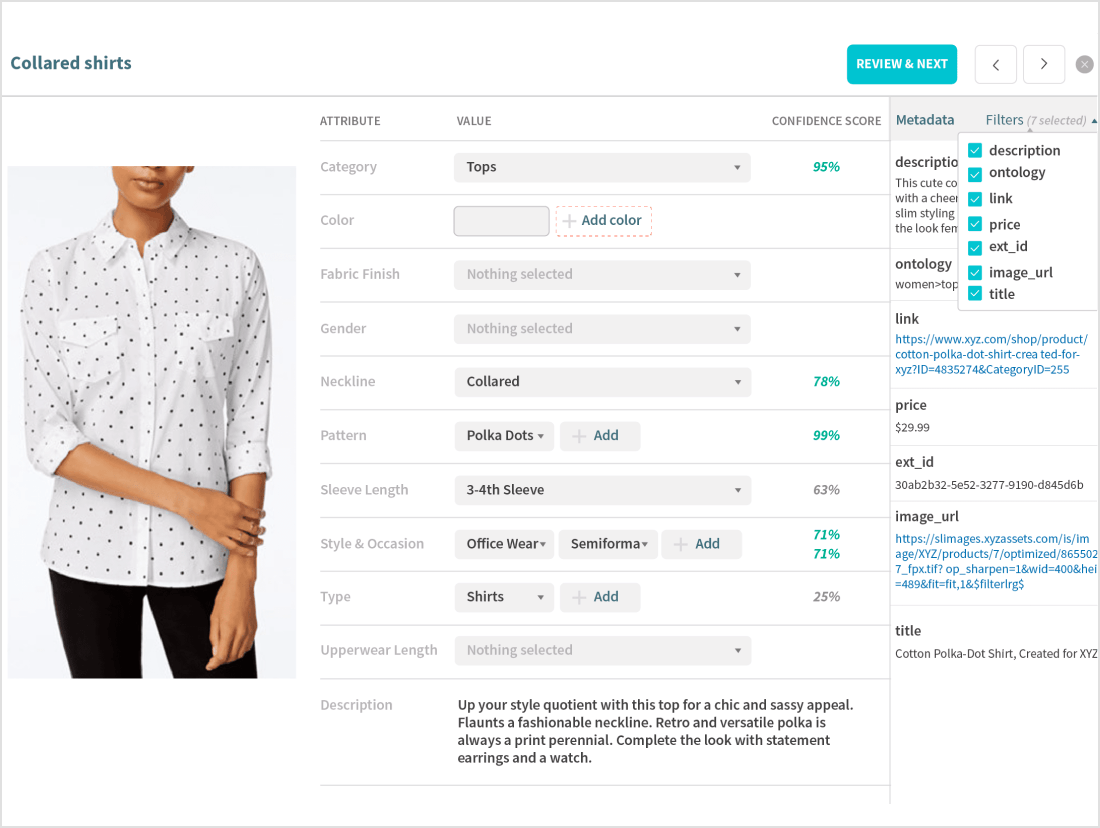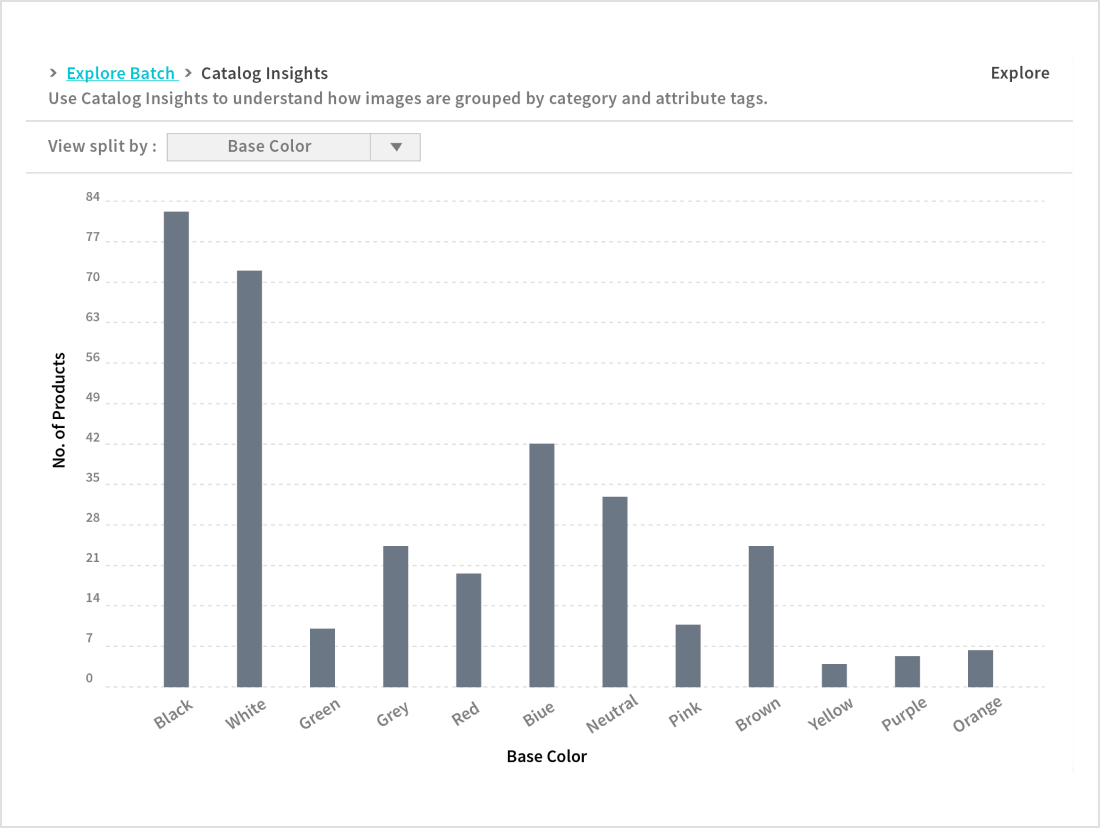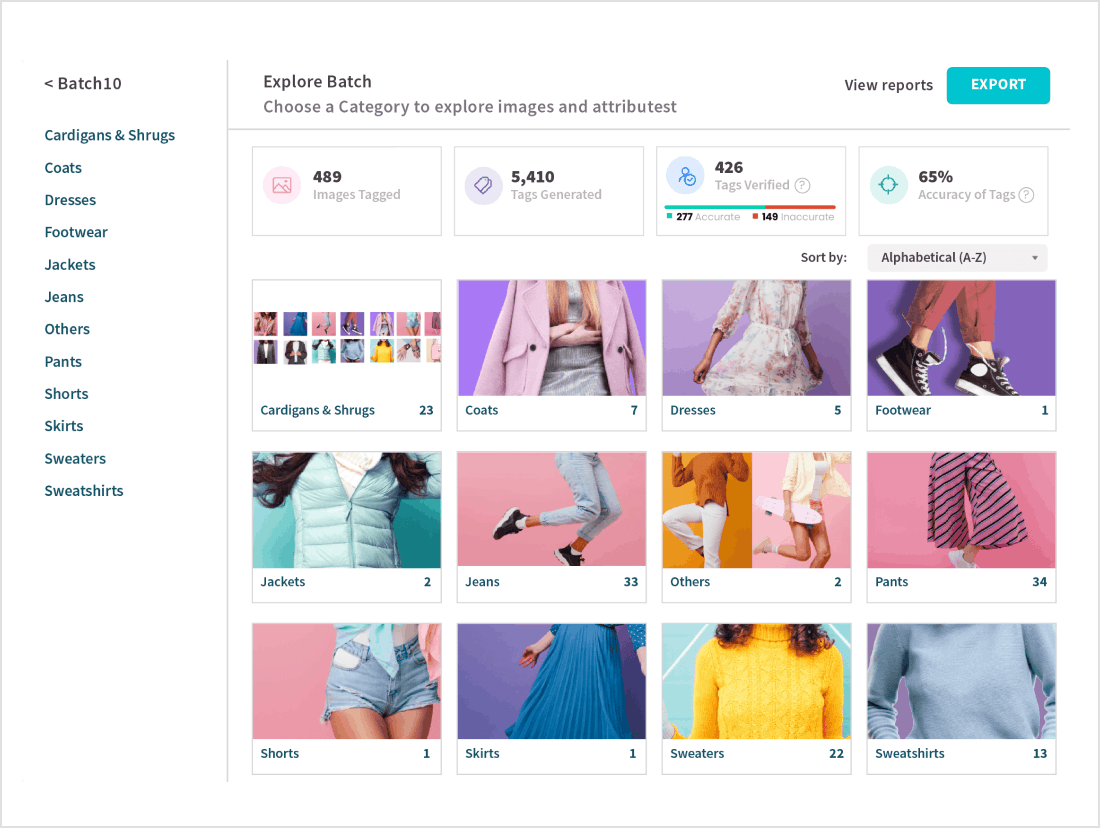- Platform
- Solutions
Data Hub
Business-specific models to fix the ugly data problem
Customer Hub
Segment, Personalize, Engage - Witness AI in Action.
Personalization
Forecast & tailor content that speak your customers
Audience Builder
360° customer view via unified micro profiles
Journey Orchestration
Tailor experiences across all customer touch-points
Automation Hub
AI to automate, increase STP, and save costs
Intelligent Document Processing
Unlock the value of unstructured data with automation
Workflow Automation
Identify and automate modules in any business workflow
Optimization Hub
Optimization strategies for improved business growth
Sales Efficiency & Optimization
Improve sales process efficiency using AI & automation
Lead Generation
AI-powered lead generation and assessment strategies
Excess Inventory Management
Sell Excess Inventory Faster To Maximize Recovery Costs
- Industries
Industries
Tailored AI and automation solutions for each industry
eCommerce and Consumer Retail
AI-powered experience management & automation suite
Insurance
Deliver friction-free insurance through AI & automation
Financial Services
Tailored AI and automation solutions for each industry
Logistics
End-to-end process management with AI & automation
Healthcare
Enhance Patient Experience with AI-Powered Process Automation
- Customers
- Partners
- Resources
Resources
Hooked on success? Our content will reel you in.
Blog
Think deeply. Read thoroughly. Subscribe intently.
Case Studies
Client successes, courtesy of AI
Podcasts
We talk to the best, bring you the crest. Hear us?
Reports
In-depth inquiries, insights for industry
Events
Shine in settings that whisper What's next?
Newsletters
A compass for the curious, if you will
Find out what Vue.ai can do for you.
To get started, fill out the form. Our experts will get back to you shortly.
I understand that Vue.ai may reach out to me with relevant communication.
By clicking "Request a Demo", you agree to our Privacy Policy.





